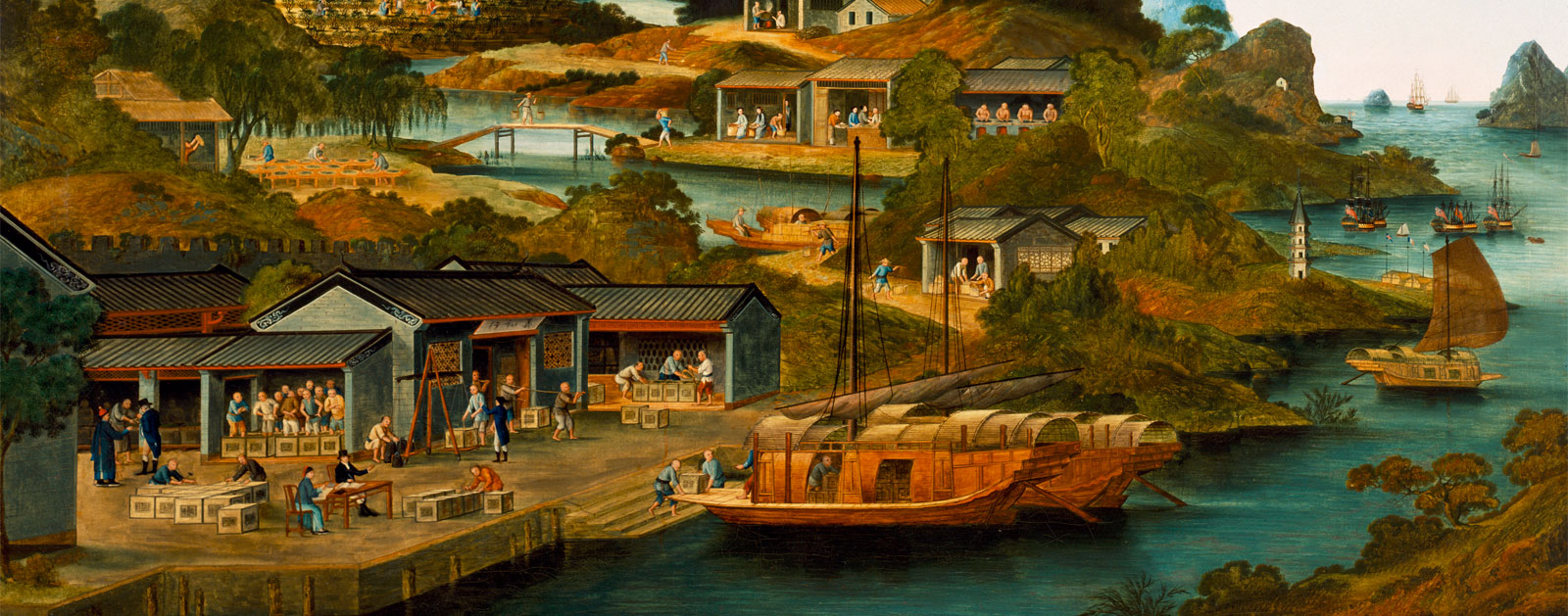
In June of 1950, W. Edwards Deming began offering training to the Japanese Union of Scientists and Engineers (JUSE) on the precepts of statistical process control.
At almost exactly the same time, Communist North Korea invaded and nearly overwhelmed their southern neighbors, who were immediately supported by the United Nations. The three-year war that followed resulted in a split on the Korean peninsula that exists to this day, with a state-controlled economy in the north and a free-market capitalist manufacturing behemoth in the south.
Of course, the Korean War would not have happened at all were it not for Red China supporting its North Korean allies with money, equipment, and eventually, soldiers. And the Chinese would not have been there themselves, most likely, had Mao Zedong not persevered in the face of incredible hardships and long odds to win the Chinese Civil War and found the People’s Republic of China (PRC) on Oct. 1, 1949.
Let’s pause for a moment to think about these events within the context of a timeline:
• Mao founds the PRC on Oct. 1, 1949
• Deming first lectures JUSE in June, 1950
• North Korea invades South Korea on June 25, 1950
…
Comments
Good Article
Hi Mike-
Some good history in this article for those that enjoy that type of thing. I wrote an article last year on what I felt would be important to addressing global competitiveness. https://www.linkedin.com/pulse/global-competitiveness-thoughts-us-presi… However, I did fail to mention the IP stealing done by the Chinese in this article.
In general, I don't agree with tariffs as they make markets inefficient. However, I do want fair trade vs free trade - because the US is getting killed right now by free trade. The trade deficits reflect this - and yes I now most economists say trade deficits are good, but I have never been impressed by economists and their theories as they are mostly wrong (look at the 2008 financial crisis for evidence or the mantra that competition makes things better).
However, the Goldman report on tariffs reflects the US tariffs and doesn't reflect other countries tariffs on US goods. This is where fair trade disappears. Politicians have lined their pockets from lobbyists with foreign interests and in the process have sold out US interests and the backlash from workers gave us a different political field.
Dr. Deming said that the manufacturing advantage the US once enjoyed is gone. We (the US) must manage "with brains" for the future. There are industires vital to the future that the US needs to play in - national security, and high tech equipment are two that come to mind. This will require education in engineering and sciences - we don't need more philosophers and liberal arts. This will require a different view of education. For instance, too many US students fail out of calculus and have to move to other fields. US education needs to quit passing and failing students and stick with them UNTIL they get it - I compare to a baby learning to walk if they fail to walk do we just give them a grade and move on?
Dr. Deming said we didn't have much time that the "fuse was short." I'm afraid without major change quickly in the US - the future is bleak - complacency is not an option any longer. We may need a burning platform to save the US. I am remain skeptical but optimistic.
Thanks for reading!
Add new comment